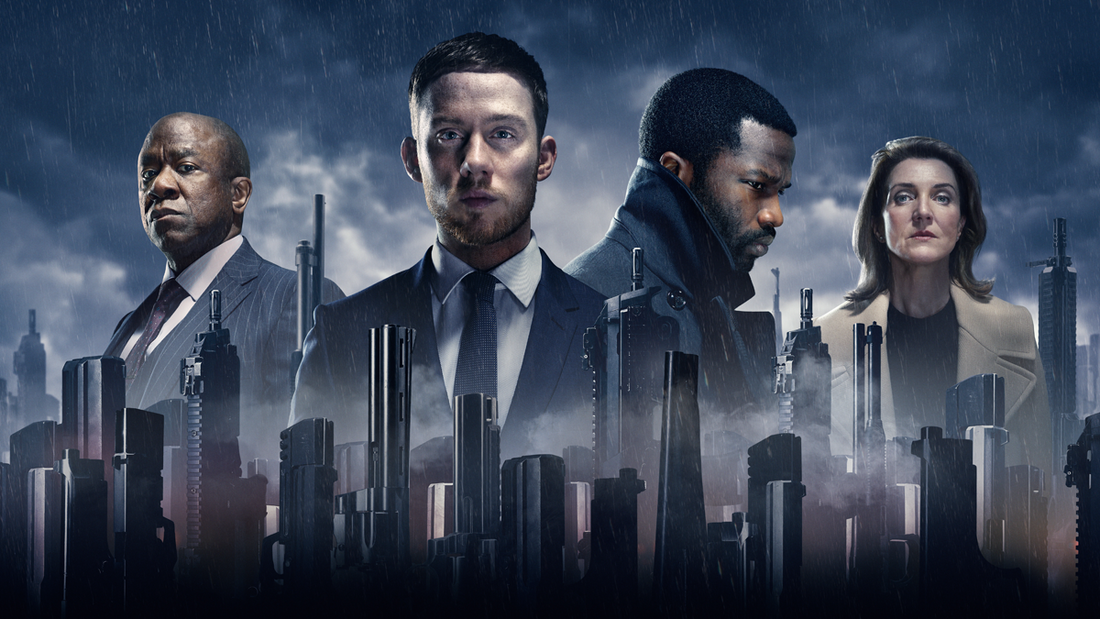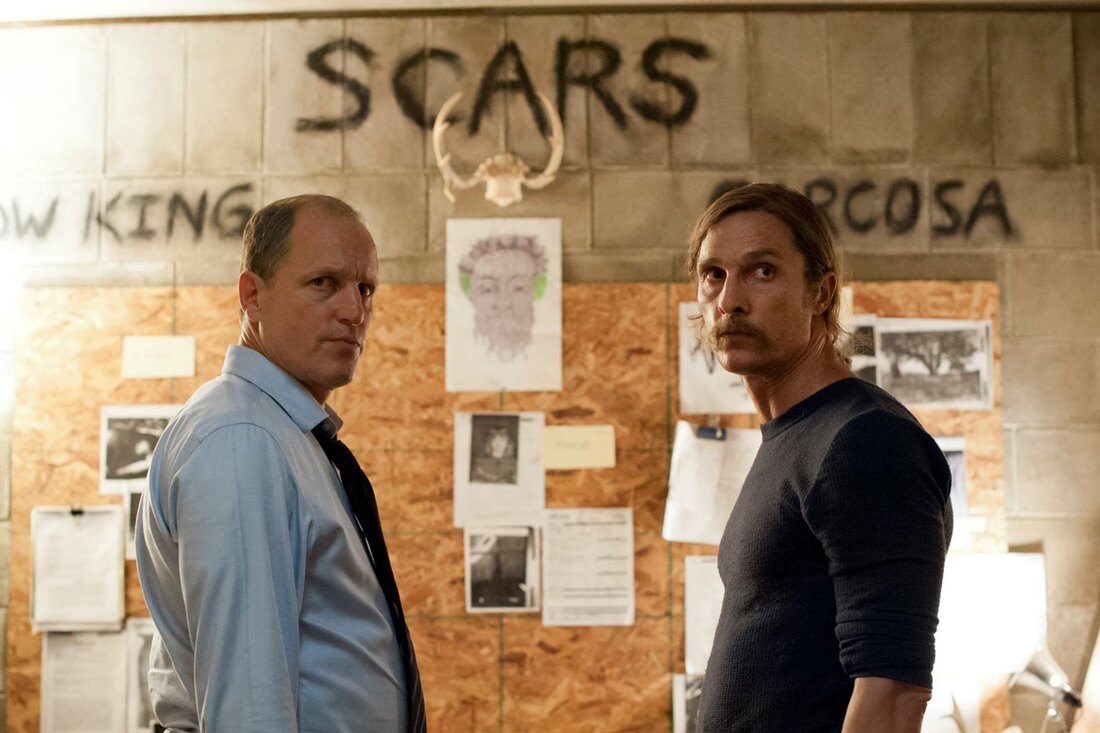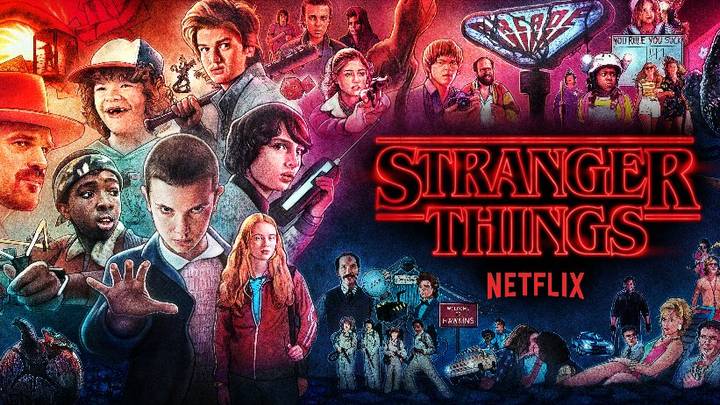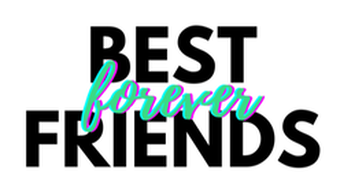Story Bibles for Features? (How writers can benefit from creating a bible for their scripts)7/18/2021 Sometimes we get lost in our stories, our wonderful imagination runs wild with characters ideas, individual scenes, and crazy plot twists in our scripts, leaving us with a perfect and beautiful world in our head that is so vast that we can’t get everything onto paper. But that's where TV Bibles come in. TV Bibles are documents used in the TV world to sell a series, but using the concept for features and pilots before outlining can make the screenwriting process more efficient by forcing you to go deep into your story. What is a story bible? A story bible is a detailed document encasing the information that you need before you go into outlining your script. It includes your title, type of show, story idea, logline, story world, characters, story engine, theme and tone. Here are the reasons they are important: 1. Understanding your story in its entirety Sometimes we can get lost in an outline when we don’t have the information we need nailed down prior to writing it. Writing a bible forces you to get into the nooks and crannies of your story and keep the information in a single document that you can always reference. 2. Understanding your style You’ll understand how you are going to tell your story, which is the most important part of not only getting recognized and employed, but also selling your story to studios. Below are the necessary components of a bible: Title: Create a title for your story immediately. It doesn’t have to be set in stone but having a title for your story can help you get an idea of where you want to take your story. Think about a title like GAME OF THRONES or STRANGER THINGS. We both know these shows are of the fantasy genre but we can tell that these two shows will have a different style and tone despite being in the same genre. Having a title is also like putting a face to a name. It makes you feel like your idea is real and achievable, giving you confidence to jump head first in the journey of turning your idea into a completed story. Type of show: For TV series ideas, you need to commit to the type of show you are intending to write, how you're going to tell it and the storytelling style you are going to use. These types of shows include single or multi-cam comedies and 45 min -1 hour dramas or dramedies. How you're going to tell it includes the format and genre: procedural, serialized, limited series, or anthology, scifi, fantasy, workplace, legal, crime or animated. For feature writers, you can write down the genre of your film to understand what expectations come with your selected genre to make sure you hit the right beats. Idea: Your story idea can either be high concept or complex. High concept ideas will accumulate mass appeal because audiences will immediately get the premise. For example, JURASSIC PARK and THE WALKING DEAD are high-concept ideas. We immediately understand what the story will be about and as a result these types of stories will garner large audiences off the idea alone. While stories like THE WIRE, WHIPLASH, or THE OFFICE are more complex. These ideas tend to serve niche audiences due to the fact that some people may not get or be excited about the story off the premise alone. But just because your story idea is high concept doesn't mean that studios will be in a bidding war for your script and just because your idea is complex doesn’t mean that a reader or viewer will turn away because it may not be in their initial interest. At the end of the day, execution of the idea will always be king and writing a bible before outlining will give you a better chance of sticking your landing. Logline: Your logline is one to two sentences that sells the premise of your story. When thinking of your logline ask: who is/are my main character/s, what obstacles will they face, and what is the main story line. World of the story: Worldbuilding is extremely important to setting up your story. Without a fully fleshed out world, the reader won't suspend their disbelief, which is vital for enveloping them into the story and creating an effective read. If you’re looking for more information on creating your story world click here for #freegame. Characters: Characters are the heartbeat of the story. When we reminisce on stories we love, characters are always the first thing that come to mind because of the emotional connection made while watching their story unfold. They are the ones that take us on their journey as making us invested in whatever mission they're destined to go on. When creating characters, think about their flaws that hinder their success, how they look physically, how they look at the world, and how the world looks at them. And if you need a detailed template that helps you create three-dimensional characters click here for an awesome workbook by The Professional Pen. Story Engine (TV ONLY): The story engine is vital for the selling point of your series. It's what makes new stories develop and gives your audience an idea of what they are tuning into episode to episode and season to season. For example, procedurals are a well-known story engine for shows that live in the cop, lawyer, doctor world because we know that there will be a case of the week as our A-story. Story engines can also be set around dilemmas that bring new characters into your cast's lives like the need for survival in THE WALKING DEAD or the inevitable drug lords, cops, and family conflict that Walter White is forced to bear during his rise as a meth kingpin in BREAKING BAD. Theme: Your theme is what creates meaning for your story. Your theme can be one word like love or revenge. Or it can be a question like Can you love others before you love yourself? or a statement like Parents want what's best for their kids. When creating themes, make them universal because they will have a higher success rate than a less relatable theme. If you’re looking for more on theme click here for #freegame. Tone: Understanding the tone of your story early on is extremely important for the writing process. It helps you understand the language that you’ll use in your scene descriptions and helps compare your show to other shows when it's time to sit in front of an exec. When looking for the tone of your story, think of movies and/or tv shows that are similar to the vibe you're trying to create. Is it dark and gritty like THE WIRE? Is it light and airy like FRIENDS? Or does it have dark, tear jerking moments while also giving you a stomach cramping laugh like SHAMELESS? Future Seasons (TV ONLY): Coming up with future season ideas isn’t super necessary, especially when you're still learning the craft. But, it can be helpful to think about where your characters will go in the future emotionally and physically. When coming up with future season ideas, write complete sentences describing what new challenges your characters will face and how this will change them emotionally. Below are examples of professional TV Bibles. Taking a look at the detail that goes into creating a successful story before getting to the script stage is extremely beneficial to creating a stronger story. 1. Gangs of London 4. Stranger Things So the next time you come up with a story idea, take the time to write a story bible before you outline your show/movie. It’ll make the writing process a lot easier and it’ll help you punch out stronger scripts at a faster rate. Ready to begin your story bible? Check out our Development Notes service to get personalized feedback from one of our Story Experts and take your screenplay to the next level! -Written by Collin Shaw author
Leave a Reply. |
ABOUT
|
About |
COACHINGMEMBERSHIP |
RESOURCES#FreeGameBusiness services |
|
Gain access to:
|
Contact Us
Copyright © 2022 The Professional Pen







 RSS Feed
RSS Feed

